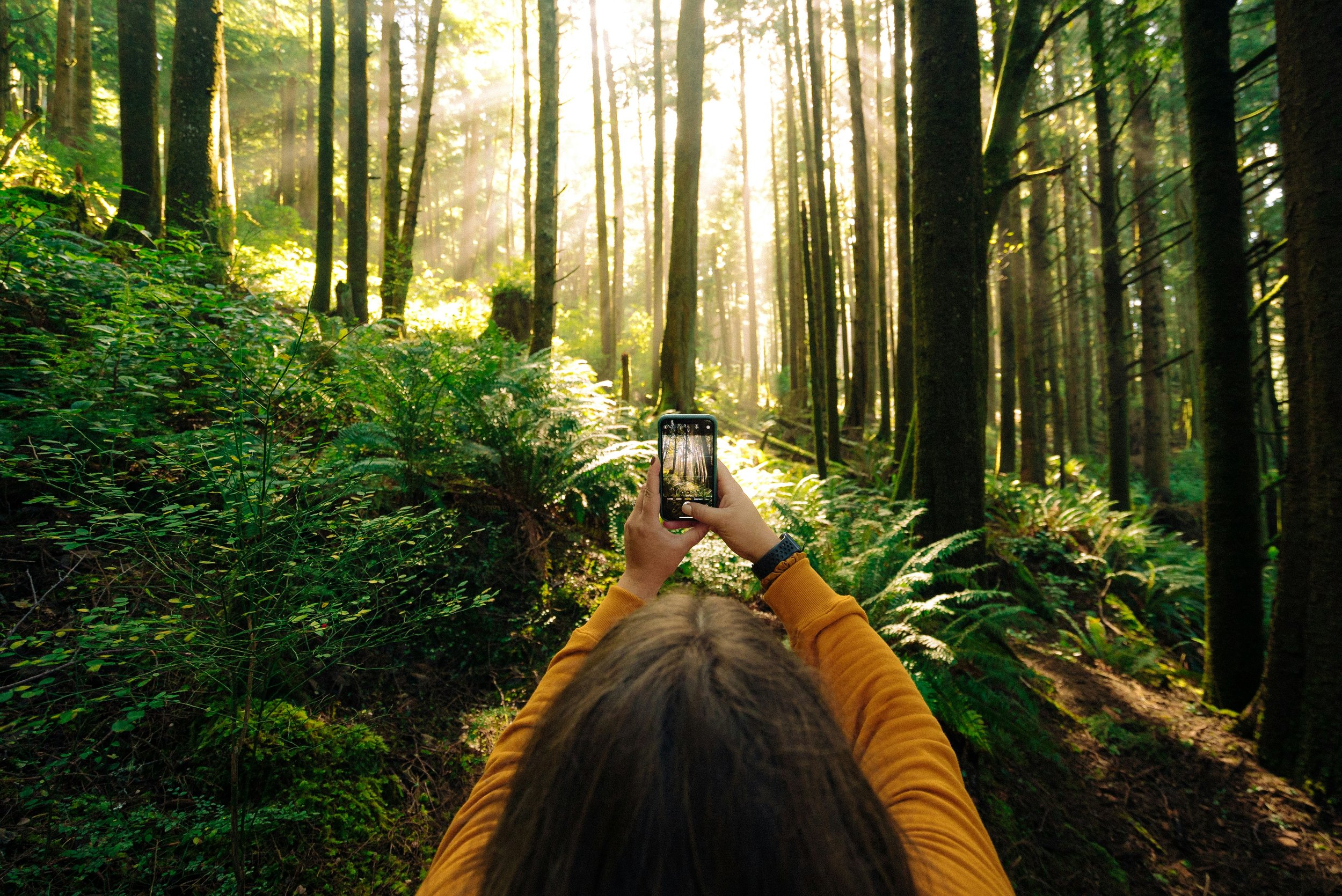I wrote a few months ago about my husband’s accidental entry into a 100km cycle race. He hadn’t taken part in any similar events in years, and hadn’t done nearly enough training, but signed up after being persuaded by a friend to join in. He was a little nervous in the run-up (frankly, he wasn’t the only one) – but in the end managed to get through it with a perfectly respectable time, and crucially, enjoyed the experience. He has now signed up for another, 50km race in October, and has somehow managed to convince me to join him…
Another family member recently sent me a picture of a camper van on his driveway, with the comment that he had always wanted to buy one, and had finally done so before it was “too late”. I began to wonder, is there something I should be doing before it’s too late? Travelling the world, changing career (no chance!), moving to another country? One of my children is approaching a significant birthday, and told me they had made a list of all the things they want to do before then. The idea of ‘bucket lists’ has never really appealed to me - as it seems like there is a high risk of setting unrealistic goals, then feeling guilty and disappointed if you don’t reach them – but I began to wonder if I should start making one of my own.
I couldn’t help laughing, then, when I heard the content of the list. It included points such as “make cupcakes”, “try a new sport”, “host a dinner party” and “go to the cinema”. He’s already achieved a few of them (making cupcakes was the first one), and I couldn’t help thinking of the lists of chores I sometimes make, when I add things I’ve already done just so I can tick them off and feel a sense of achievement. But this bucket list, he explained, was about creating a push to do fun things he hasn’t otherwise had the time or inclination to do recently, with an emphasis on everything being achievable so as not to create unnecessary feelings of guilt. It sounded like a great idea, and I began to think of some of my own.


